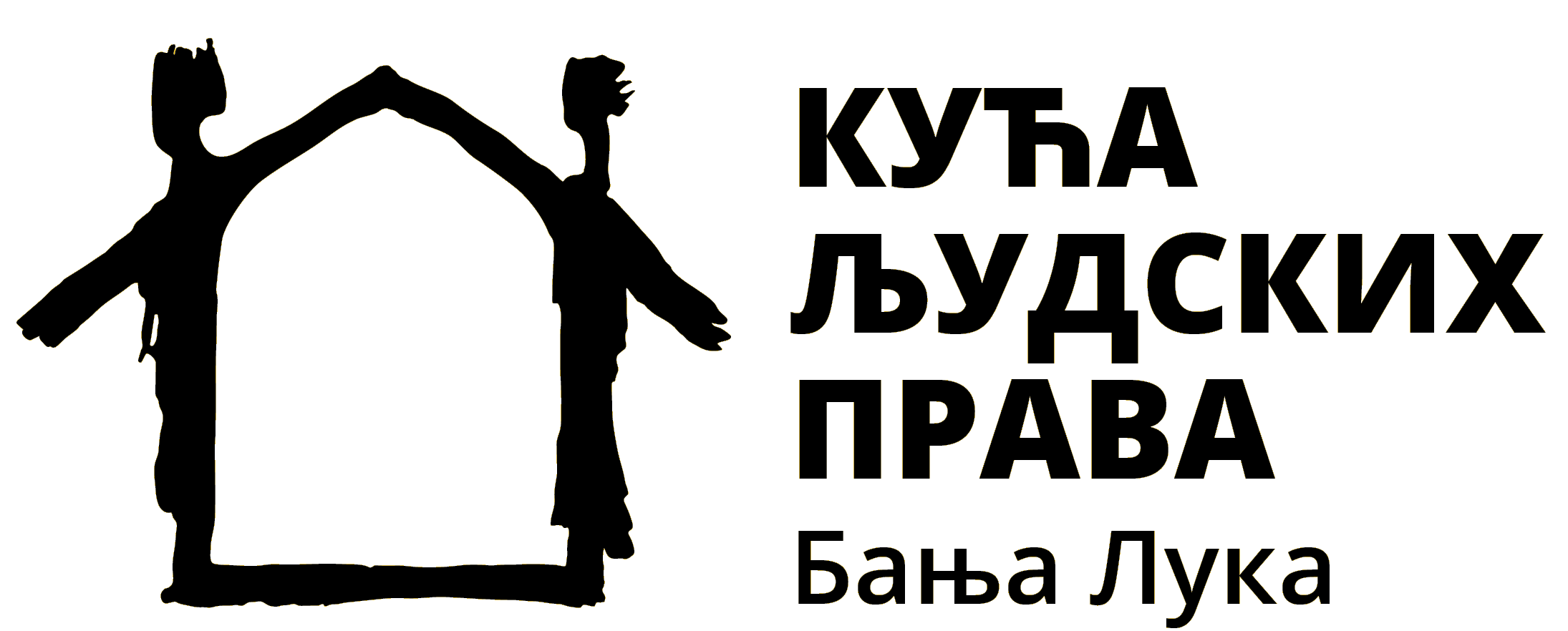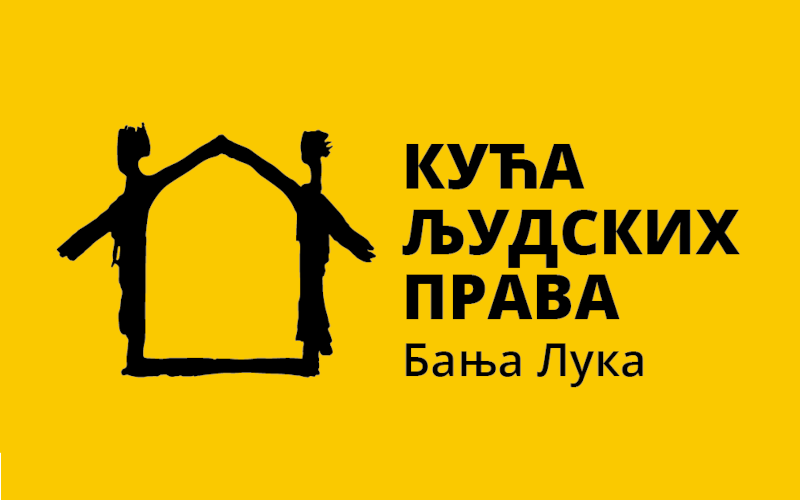The existence of the legal state today is almost impossible to imagine without the constitutional judiciary. Namely, an integral part of the principle of the legal state also represents the so-called “principle of constitutionality” which means the unity and harmony of the legal system in accordance with the constitution.
In Bosnia and Herzegovina, the constitutional judiciary appeared as early as 1963, however, nowadays, with the changes in the constitution and the social situation, “there is little similarity with the previous republican constitutional court”, so today there are three constitutional courts in Bosnia and Herzegovina:
1. Constitutional Court of BiH at the state level,
2. Constitutional Court of the Republic of Srpska at the level of Republic of Srpska and
3. Constitutional Court of the Federation of BiH at the level of Federation of BiH.
Each of these courts has its own specific jurisdiction.
In the rest of the text, I will talk about the possibility of citizens addressing the Constitutional Court of the Republic of Srpska.
The Constitutional Court of the Republic of Srpska was established by the Constitution of the Serbian Republic of Bosnia and Herzegovina (now the Constitution of the Republic of Srpska) in 1992. It started working in 1994, and the framework of its work is defined by the mentioned Constitution and the Law on the Constitutional Court, while certain details are elaborated in the Rules of Procedure and the Decision on the Organization of the Constitutional Court of the Republic of Srpska.
What does the Constitutional Court of the Republic of Srpska do?
The Constitutional Court “is not the institution that creates the Constitution or the law, but protects them, preserves their authenticity and superiority”.
According to the Constitution of the Republic of Srpska, the Constitutional Court of the Republic of Srpska ensures the protection of constitutionality and legality. Among other things, it decides on the compatibility of laws, other regulations and general acts with the Constitution and the compatibility of regulations and general acts with the law.
Therefore, laws and other regulations must not be contrary tothe Constitution, nor lower regulations (such as regulations or rules of procedure) must not be contrary to the law.
The Constitutional Court also monitors phenomena of interest for the exercise of constitutionality and legality, informs the highest constitutional authorities of Srpska about the situation and problems in that area and gives them opinions and proposals for passing laws and taking other measures in order to ensure constitutionality and legality and protect the freedoms and rights of citizens, organization and communities.
Likewise, the Constitutional Court decides on the compliance of programs, statutes and other general acts of political organizations with the Constitution and the law.
The Constitutional Court can evaluate the constitutionality of laws and the constitutionality and legality of regulations and general acts that have ceased to be valid, if no more than one year has passed from the termination of validity to the initiation of the procedure.
The Constitutional Court also has other competences, such as those related to the protection of the vital interests of the constituent peoples or issues of immunity.
The Constitutional Court decides on issues within its jurisdiction by passing a decision or ruling, which must be explained.
Decisions of the Constitutional Court are generally binding and enforceable on the territory of the Republic of Srpska, and the execution of decisions is ensured by the Government of Srpska.
Who can address the Constitutional Court?
Anyone can give the initiative to start a procedure for evaluating constitutionality and legality before the Constitutional Court.
This means that all citizens can submit an initiative to evaluate the constitutionality and legality of an act.
Therefore, if you believe that certain articles in a law are not in accordance with the Constitution of the Republic of Srpska, you as an individual have the right to initiate the procedure for evaluating constitutionality and legality.
In the case of giving an initiative, it is necessary to submit a written initiative to the Constitutional Court with an explanation why it is considered that, for example, a certain law is not in accordance with the Constitution or why some regulation is not in accordance with the law and the Constitution.
Proceedings before the Constitutional Court can be initiated with proposal, among others by:
- company,
- political organization,
- i.e. association of citizens and
- another organization, if their right established by the Constitution or the law is violated.
The Constitutional Court can itself initiate the procedure for evaluating constitutionality and legality.
In addition to the above, proceedings before the Constitutional Court can be initiated with proposal by the following:
- President of Srpska,
- National Assembly,
- House of Peoples on issues within the framework of competences established by the Constitution,
- Government of the Republic of Srpska,
- the Constitutional Court, if the question of constitutionality and legality is raised in the proceedings before the Constitutional Court,
- the republic prosecutor, if the question of constitutionality and legality is raised in the work of the prosecution,
- municipality and city, if their right established by the Constitution or the law is violated and
- an authority which is authorized by the Constitution and the law to suspend the execution of regulations and other general acts due to their inconsistency with the Constitution and the law.
How does the Constitutional Court decide?
The initiative to initiate the procedure and the proposal of the authorized proponent are recorded in the registry office on the day of receipt in the Constitutional Court, and for registered mail on the day of delivery to the post office.
When the initiative or proposal is incomprehensible, incomplete or has other defects that prevent action on the proposal or initiative, the Constitutional Court will ask the initiator or proponent to remove those defects within 15 days. If the submitter of the initiative, that is, the proposal, does not eliminate the deficiencies within the deadline, the Constitutional Court will reject the proposal, that is, it will not accept the initiative.
The procedure for evaluating the constitutionality and legality of a general act is initiated by a proposal of an authorized proponent or by a decision on the initiation of a procedure due to a submitted or its own initiative.
The Constitutional Court, among other things, by decision determines that the law, other regulation and general act is not in accordance, that is, that at the time of validity it was not in accordance with the Constitution and determines that the other regulation and general act is not in accordance, that is, that at the time of validity it was not in accordance with the law.
By ruling, the Constitutional Court, among other things, initiates the procedure and suspends the execution of an individual act or action, cancels the measure of suspension or rejects the request for the suspension of an individual act or action.
When the Constitutional Court determines that a law, other regulation or general act is not in accordance with the Constitution, that law, other regulation or general act, i.e. its provisions that are not in accordance with the Constitution, cease to be valid on the day of publication of the decision of the Constitutional Court.
Participants in the proceedings before the Constitutional Court shall bear their own costs, and no fee shall be paid in it. The work of the court is public, and the Constitutional Court publishes its decisions on its website.
In the Constitutional Court, the languages of the constituent peoples are in official use, and the official alphabets are Cyrillic and Latin.
Laws, other regulations and general acts that cease to be valid based on the decision of the Constitutional Court cannot be applied to relations that arose before the date of publication of the decision, if they have not been legally resolved by that date.
Regulations and other general acts adopted for the execution of laws, regulations and other general acts, which have ceased to be valid based on the decision of the Constitutional Court, will not be applied from the date of publication of the decision, if it follows from the decision that these acts are not in accordance with the Constitution or the law.
The execution of legally binding individual acts, adopted on the basis of regulations that can no longer be applied, cannot be allowed or implemented, and if the execution has begun, it will be suspended.
Sources; for more on this topic see:
Constitution of the Republic of Srpska, [Official Gazette of the Republic of Srpska, numbers 21/1992, 28/1994, 8/1996, 13/1996, 15/1996, 16/1996, 21/1996, 21/2002, 31/2002, 31/2003, 98/2003 and 115/2005]
Law on the Constitutional Court of the Republic of Srpska, [Official Gazette of the Republic of Srpska, numbers 104/2011 and 92/2012]
Rules of Procedure of the Constitutional Court of the Republic of Srpska, [Official Gazette of the Republic of Srpska, numbers 114/2012, 29/2013 and 90/2014]
Nedim Ademović, Joseph Marko, Goran Marković, Constitutional Law of Bosnia and Herzegovina, [Foundation Konrad Adenauer e. V. Office in Bosnia and Herzegovina, Sarajevo: 2012]
Dejan Lučka, Manual for Legal Protection of the Environment in Bosnia and Herzegovina, [Banjaluka Centre for Human Rights, Banja Luka: 2022]
Mile Dmičić, Constitutional Law – Supplement to Basic Literature, [Faculty of Law, University of Banja Luka, Directorate for Police Education Banja Luka, Banja Luka: 2011]
Mile Dmičić and Miodrag Simović, Collection of Decisions of the Constitutional Court of the Republic of Srpska 1994-2004, [Constitutional Court of Republic of Srpska, Banja Luka: 2005]
The text was created thanks to the support of the European Endowment for Democracy.
Cover photo: Tabla – Ustavni sud, [Author: Dejan Lučka]
The text was downloaded from the website of Dejan Lučka on the following address: https://dejanlucka.com/kako-se-gradjanin-moze-obratiti-ustavnom-sudu/



